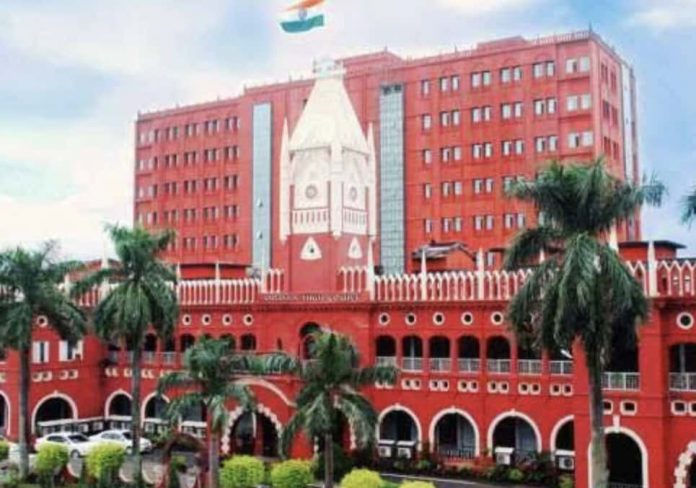New Delhi: The Orissa High Court has advised doctors to write the names of drugs prescribed in capital letters or in a legible manner to help in easily deciphering them, their doses, strength, and also the frequency of use. The court made this observation while disposing of a bail application of Krushna Pada Mandal, who is accused in a Narcotic Drugs and Psychotropic Substances (NDPS) Act, 1985 violation case.
Justice SK Panigrahi observed that the physician community at large has to make conscious efforts to write prescriptions in good handwriting, preferably in capital letters. The court has granted the bail to accused, stating: “While there could be some good justifications for sloppy handwriting (by doctors) due to heavy work pressure, long working hours, writer’s cramp and due to the adverse patient-doctor ratio in the country at large and also in Odisha, the medical professionals should protect themselves by exercising this basic care and caution from the looming threat of allegations of medical negligence. Perhaps, capital letters could ensure proper visibility to the prescriptions and will remove the guesswork and related inconveniences. The digital era could also throw open several options to make prescriptions and the diagnosis more patient-friendly.”

Mandal, the accused, who is lodged in a jail in Berhampur, had filed a bail application seeking release to take care of his wife, as she lives on her own and is suffering from gynaecological, cardio-vascular and haematological complications.
During the verification of the medical documents of Mandal’s wife, the court found the handwriting of a doctor’s prescription to be illegible. So Justice Panigrahi has noted in the order: “The documents were far beyond the comprehension of any common man or even for the court. Such illegible handwriting in medical records has the propensity to have adverse medico-legal implications.”
The court also mentioned the circular, issued by the Medical Council of India (MCI) in September 2016, which contains instructions to physicians that they should prescribe drugs with generic names and preferably in capital letters and ordered the chief secretary of Odisha to examine the feasibility of issuing appropriate circulars to implement the Council’s circular.
Read Also: No objection to CBI probe, but manner of transfer from Bihar Police illegal, Rhea tells SC
“The objective of such notification is that writing names of medicines in capital letters ensures that doctors, who have poor running handwriting, can compensate for their deficiency by writing in capital letters. Appropriate steps may be taken to create awareness among the medical professionals, involved in medico-legal cases, to record their observations and comments in a legible manner.”
Read the order here;
display_pdf-1– India Legal Bureau


